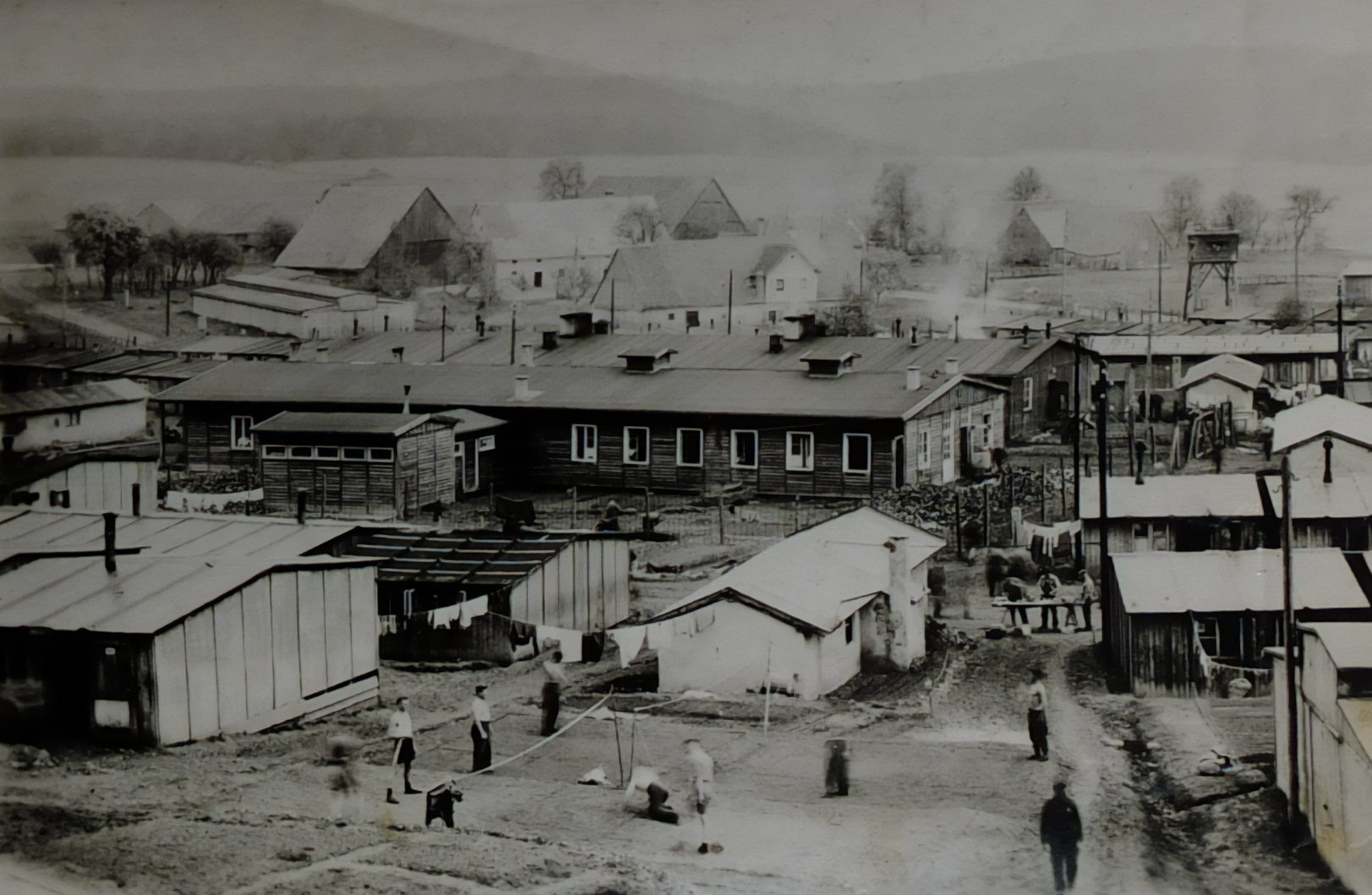During the Second World War, thousands of soldiers from Cyprus joined the British Army. They volunteered to support the Allied fight against Nazi Germany and served in Greece, North Africa and Italy. Among them was Phylactis Aristokleous, a young Cypriot who was captured by German forces and taken to a prisoner-of-war camp.
A prisoner of war (often called a POW) is a soldier captured by the enemy and held in a camp until the fighting ends. Protected by international law, prisoners were meant to be treated fairly, but many lived with hunger, hard work and constant uncertainty, far from their homes and families.
After capture, many prisoners were sent first to temporary labour camps before being moved deeper into Germany. In these camps they were made to work in factories, quarries or on farms, often with little food or rest. Conditions were dangerous, and illness and injury were common. Later, prisoners were transferred to permanent camps known as Stalags (short for Stammlager), where they were registered and placed under military control. Life there still meant hunger and confinement, but for most men it offered slightly more stability and the hope of survival until the war’s end.
Phylactis’s memoir describes his full four years in captivity, spent in several camps across Europe, including Stalag 383 in Bavaria.
The British Red Cross played a vital role in supporting these men, coordinating the parcels of food, soap and letters that became their main link with the outside world.
The Hague and Geneva Conventions were international agreements designed to protect prisoners of war. They required that captured soldiers should be given food, shelter and medical care, and should not be forced to work for the enemy. But these rules were not always followed. Conditions depended on the camp, the guards and the chaos of war.
Phylactis’s story helps us understand what life was like inside these fences. His memories show how ordinary men faced hunger, cold and fear, yet still found ways to support one another and stay hopeful while far from home.
